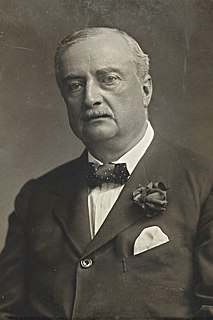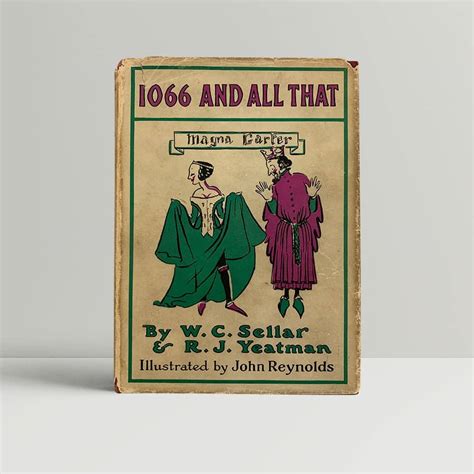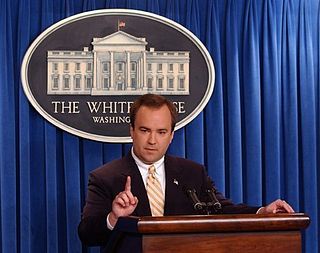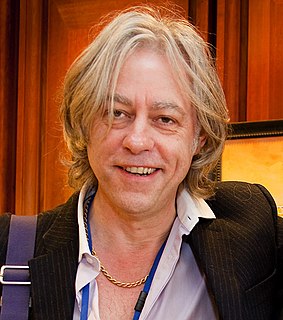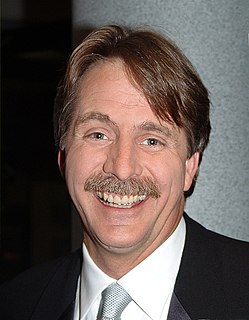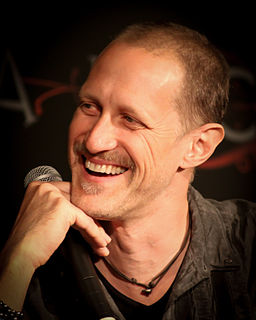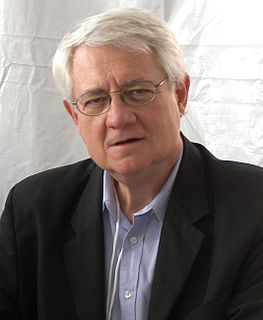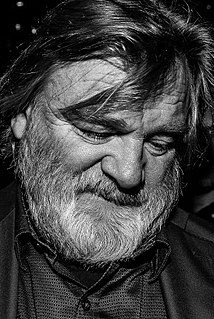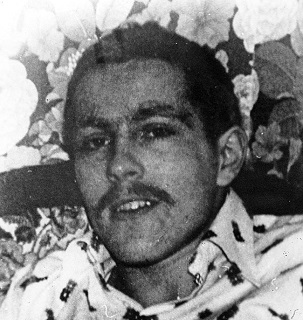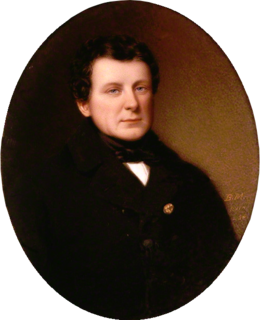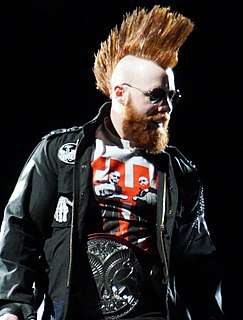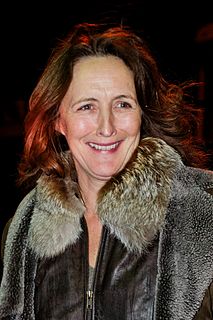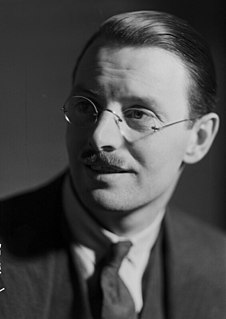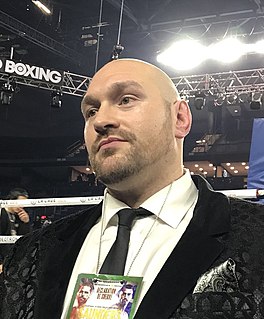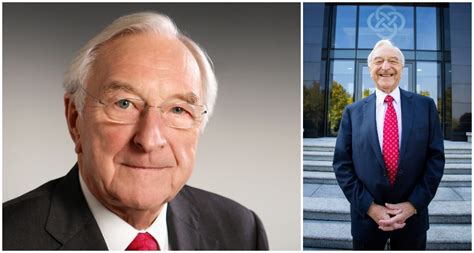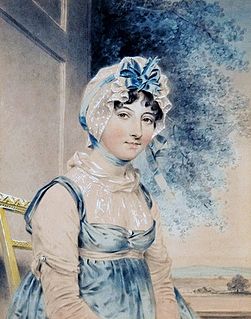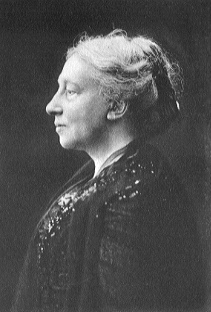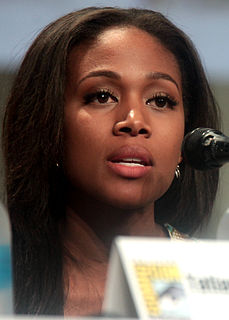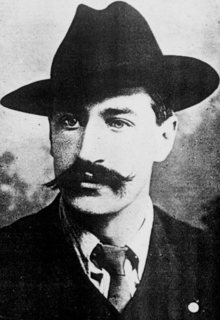Top 1200 Irish Accent Quotes & Sayings - Page 3
Explore popular Irish Accent quotes.
Last updated on December 21, 2024.
Ironically, there is a history of black/Irish communion here in the states; Irish and African American brothers and sisters have often found common cause in fighting the bigotry both communities faced earlier in the 20th century. However, white skin privilege among the Irish separated them from blacks, who had no such advantage to fall back upon. The solution is to fight bigotry and racism wherever they appear, and to root out the forces of oppression as conscientiously as possible.
Thankfully the rest of the world assumed that the Irish were crazy, a theory that the Irish themselves did nothing to debunk. They had somehow got it into their heads that each fairy lugged around a pot of gold with him wherever he went. While it was true that LEP had a ransom fund, because of its officers' high-risk occupation, no human had ever taken a chunk of it yet. This didn't stop the Irish population in general from skulking around rainbows, hoping to win the supernatural lottery.
I have trouble sometimes watching actors - even when they do a great job - with an accent. It kind of removes me, somehow. And maybe at some point, yeah, it could be a really cool experience. It's not something that I consciously think, "Oh yeah, I want to do a movie with an accent." Not to say that it couldn't happen.
If I can iron out my accent, it opens up another world of possible jobs. Whereas if you have that very strong European accent, it leaves you always being cast as the Hungarian maid or the stripper or whatever. I have voice lessons, and my coach has given me different tongue-twisters to rehearse at home.
With the accent, it's an internal dialogue that Southerners have with themselves. We kind of carry around that shame, that feeling of being inferior to the North. I think I did lose some of the accent for a while. Because when I was a graduate student, I was terrified at having to get up in front of a roomful of smart New York kids.
Wherever they went the Irish brought with them their books, many unseen in Europe for centuries and tied to their waists as signs of triumph, just as Irish heroes had once tied to their waists their enemies' heads. Where they went they brought their love of learning and their skills in bookmaking. In the bays and valleys of their exile, they reestablished literacy and breathed new life into the exhausted literary culture of Europe. And that is how the Irish saved civilization.





